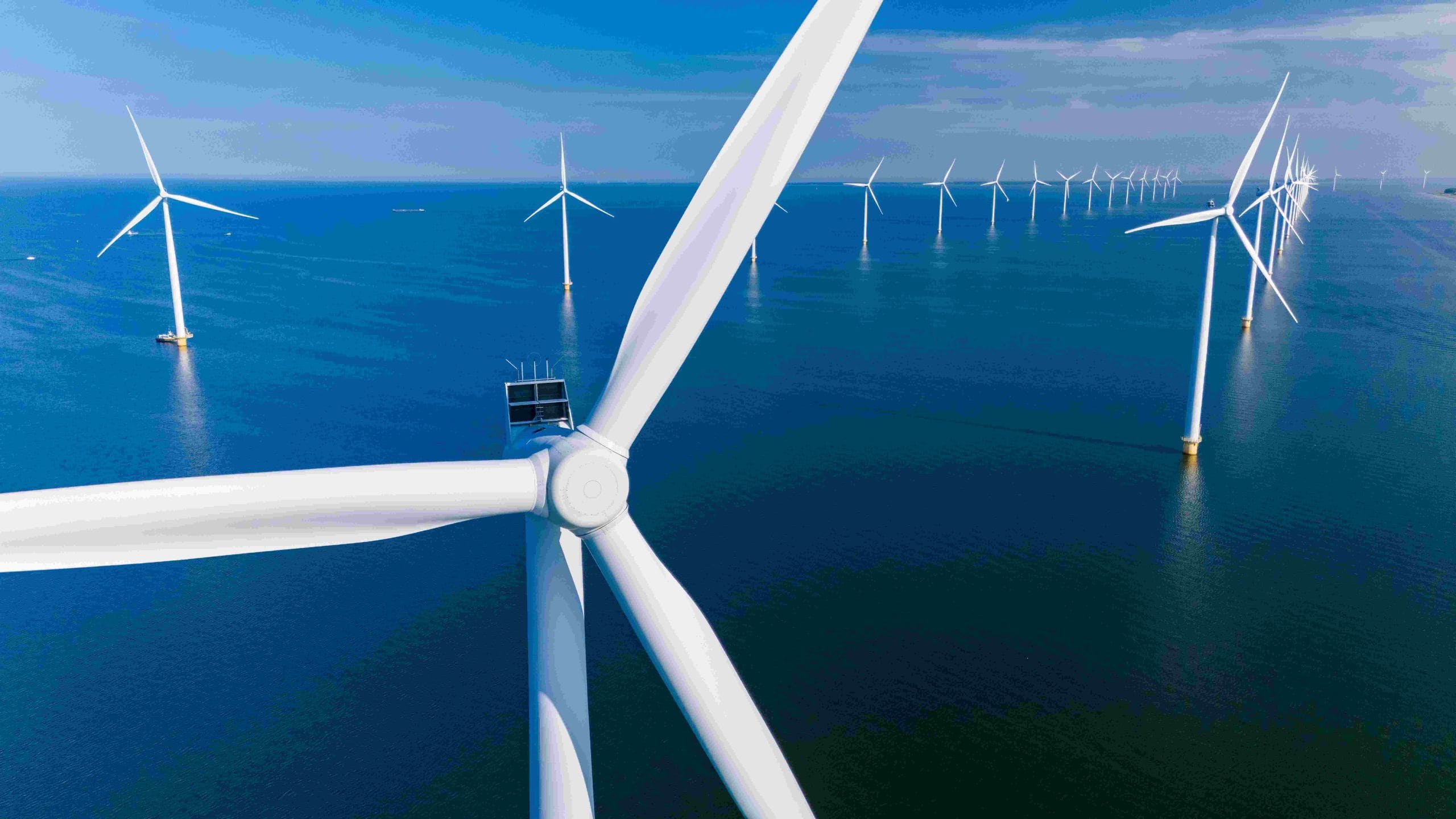
An Intensive 5-day Training Course
Maritime Energy Management
Decarbonisation Pathways in the Maritime Industry
Scheduled Dates
Classroom
| 13-17 Apr 2026 | Dubai - UAE | $5,950 | RESERVE A SEAT |
| 14-18 Dec 2026 | London - UK | $5,950 | RESERVE A SEAT |
Would an alternative date be more suitable?
We offer a variety of tailored training options, customized to meet your organisation's needs. Delivered anytime, anywhere, we make it easy to bring expert training directly to your team.
Why Choose this Training Course?
Both increase in energy consumption and the rapid depletion of traditional energy resources force the world's nations to use and manage their existing energy potential more efficiently and effectively. Unbalanced spatial distribution of traditional energy resources on Earth, environmental awareness that has developed in recent years, developing renewable energy technologies and related policies make all industrial areas review their energy consumption behaviours and attitudes. In that context, maritime transportation is one of the sectors that has showed energy management efforts in compliance with International Maritime Organization (IMO) regulations and taken actions. These efforts have been resulted with energy efficient ship designs and shipping operations in maritime energy management framework.
This PetroKnowledge Maritime Energy Management training course stands on the fact that Maritime Energy Management is the primary recognized mechanism for energy efficient maritime transportation by IMO. In this context, this course is beneficial for all responsible personnel and managers in the maritime field to learn the optimum technical ship energy management issues, the international maritime rules and regulations regarding the marine environment and to increase maritime energy efficiency awareness.
This training course will highlight:
- Environmental protection and relevant national and international rules and regulations regarding MEM
- IMO intervention and its factors (MARPOL, SEEMP, EEDI, UN2030 agenda, etc.)
- Technical and operational measures (ships' executive functions and requirements for conversion of energy sources, primary energy sources on board, efficiency of main propulsion engine)
- Trends in MEM
- Economic and social dimensions of MEM
What are the Goals?
By the end of this training course, the delegates will:
- Know the IMO concepts like MARPOL, EEDI, SEEMP, etc.
- Understand the regulations, challenges, and opportunities of Maritime Energy Management
- Learn about the environmental and economic impacts of fuel consumption and savings
- Optimise the performance for Maritime Energy Management
- Analyse relevant maritime rules and regulations
- Apply EEDI and SEEMP measurements
- Examine the maritime, renewable energy applications and alternative marine fuels
Who is this Training Course for?
This training course is designed for all level of maritime professionals such as:
- Ship Operators
- Technical Managers
- Captains and Chief Engineers
- Environmental Managers
- Superintendents
- Ship Inspectors
How will this Training Course be Presented?
The training course will include a presentation tool and real-life examples from legislation and management plans such as MARPOL and the company emergency management plan, and the EEDI calculation.
Organisational Impact
This training course draws attention to human behaviour and change management theory, the barriers in integrating energy management measures into the workplace from the organisational to the personal level.
In this context, the organisational effects of this training course are the following:
- Change affects human behaviour in the context of energy management
- An energy efficiency mindset among employees in organisations
- Create and increase energy efficiency awareness in the organisation
- Energy management policy can be understood much more easily
- Effective Planning of processes for saving energy
Personal Impact
In this context, the personal effects of this training course are the following:
- Personnel competency in a maritime organisation or on a ship undertakes energy management in work routines
- Be aware of energy-efficient policy and rules
- Develop proper behaviour for energy efficiency
- Can share factual information about energy management
- Develop holistic perspective for energy management
Daily Agenda
Day One: Introduction to Maritime Energy Management and Related Rules And Regulations
- Introduction to Maritime Energy Management
- Climate Change and Global Warming
- Anthropogenic Emissions
- Carbon Emissions from Shipping
- IMO and International Rules and Regulations
Day Two: Maritime Energy Management Planning
- MARPOL Convention Implementation
- EU MRV Planning
- Ship Energy Management Planning
- Company Energy Management Planning
- ISO 50001 Standard
Day Three: Operational Maritime Energy Management
- Energy Awareness
- Integrated Maritime Energy Management Operations
- Energy Efficient Maritime Operating Procedures
- Operational Management for Maritime Energy Management
- Shipboard Energy Management
Day Four: Maritime Transportation Interfaces and Maritime Energy Management
- Merchant Ships and Maritime Energy Management
- Seaports and Maritime Energy Management
- Seafarers and Maritime Energy Management
- Maritime Administrations and Maritime Energy Management
- Maritime Energy Management Interface Interactions
Day Five: Future of Maritime Energy Management And Its Communications
- Maritime Autonomous Surface Ships (MASS) and Maritime Energy Management
- Alternative Marine Fuels
- Renewable Energy and Maritime Energy Management
- New Technologies of Naval Architecture
- Key Skills for Good Maritime Energy Management Communication
Certificate
- On successful completion of this Training Course / Online Training Course, a PetroKnowledge Certificate / E-Certificate will be awarded to the delegates.
